LIST and ispace Europe recently have begun initial research work on the development, by September 2020, of compact mobile mass spectrometry technology, making it possible to prospect for lunar resources.
In 2017, the Luxembourg Institute of Science and Technology (LIST) and ispace Europe – a Japanese lunar exploration company whose European headquarters are in Luxembourg – formed a strategic partnership with the aim of developing a first mission to prospect for resources on the Moon and, in particular, to detect and analyse water. A year later, initial research work on the development of an instrument capable of detecting water in situ at a lunar pole and performing an initial mapping of the water distribution in a polar region truly began. October 2018 saw the start-up of the dedicated FOCAL1DS - "Space Deployable 1-Dimensional Focal Plane Detector for Magnetic Sector Mass Spectrometer" research project, funded by the Luxembourg National Research Fund (FNR), which will run for two years.
Learn more / En savoir plus / Mehr erfahren:
https://www.scoop.it/t/luxembourg-europe/?&tag=Space



 Your new post is loading...
Your new post is loading...

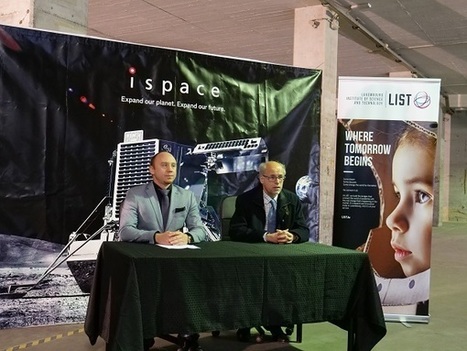

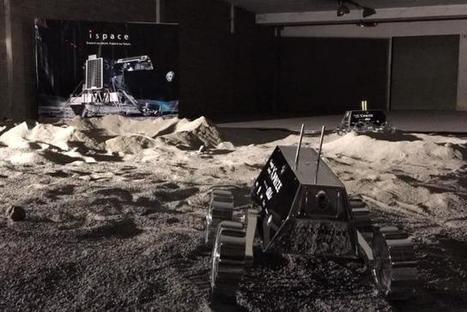
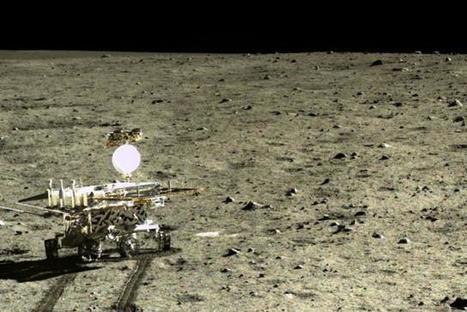
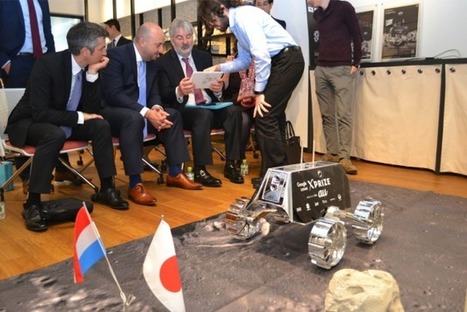
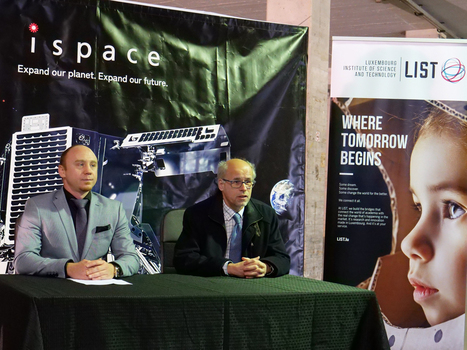
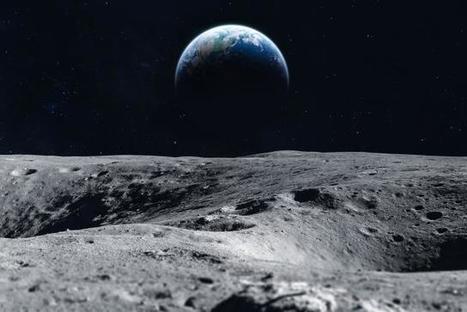





LIST and ispace Europe recently have begun initial research work on the development, by September 2020, of compact mobile mass spectrometry technology, making it possible to prospect for lunar resources.
In 2017, the Luxembourg Institute of Science and Technology (LIST) and ispace Europe – a Japanese lunar exploration company whose European headquarters are in Luxembourg – formed a strategic partnership with the aim of developing a first mission to prospect for resources on the Moon and, in particular, to detect and analyse water. A year later, initial research work on the development of an instrument capable of detecting water in situ at a lunar pole and performing an initial mapping of the water distribution in a polar region truly began. October 2018 saw the start-up of the dedicated FOCAL1DS - "Space Deployable 1-Dimensional Focal Plane Detector for Magnetic Sector Mass Spectrometer" research project, funded by the Luxembourg National Research Fund (FNR), which will run for two years.
Learn more / En savoir plus / Mehr erfahren:
https://www.scoop.it/t/luxembourg-europe/?&tag=Space